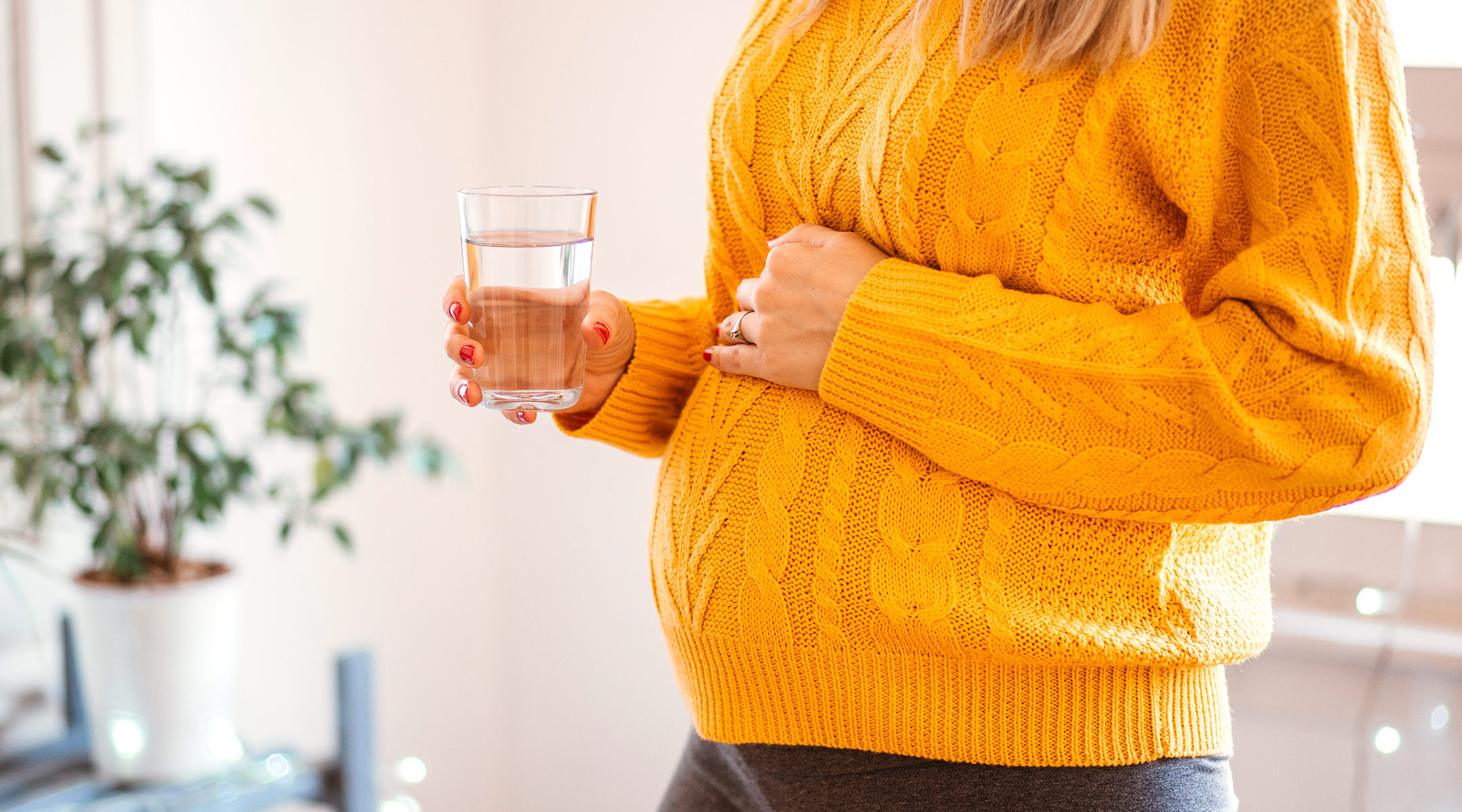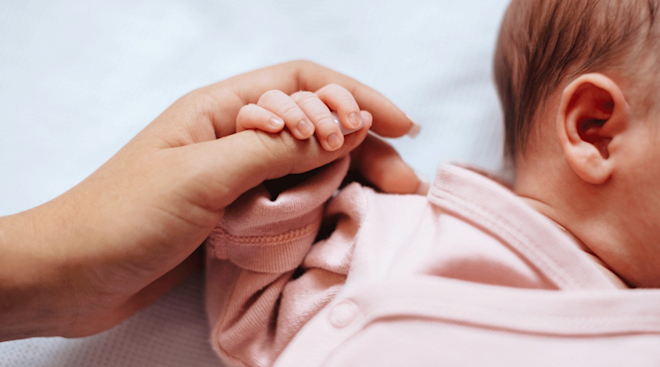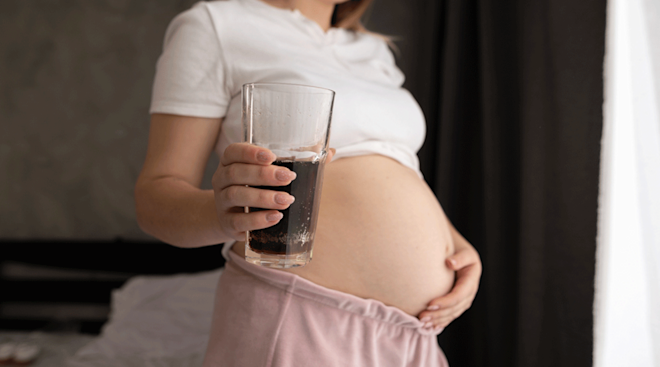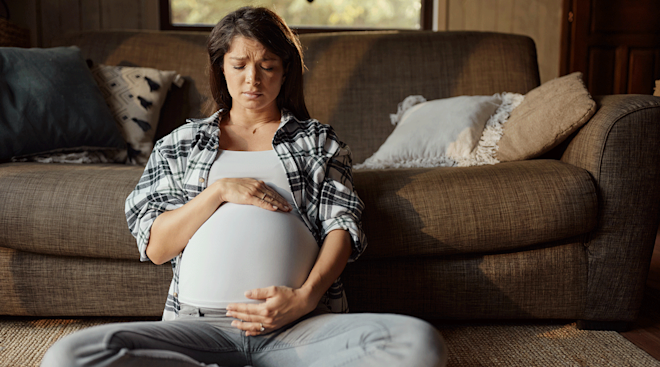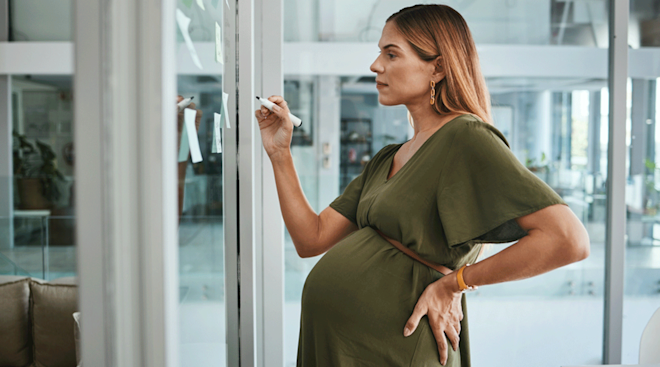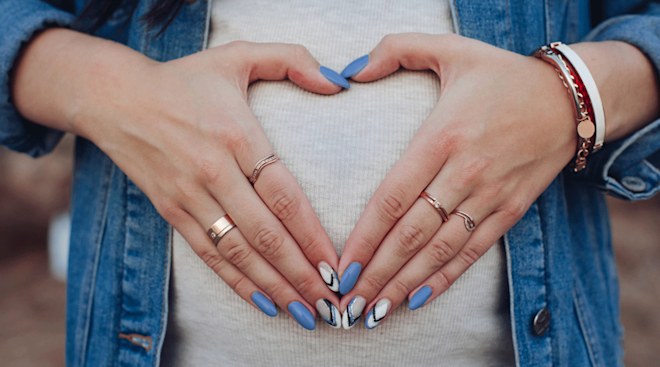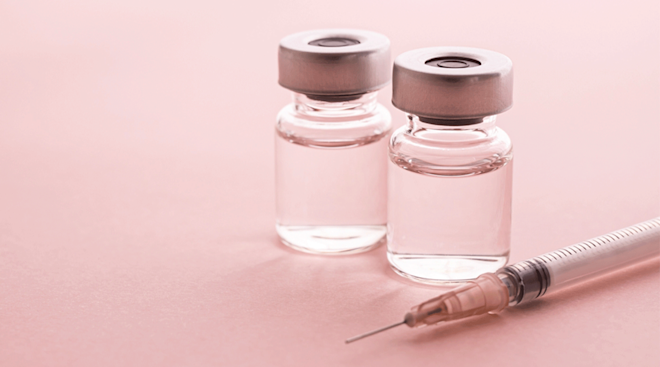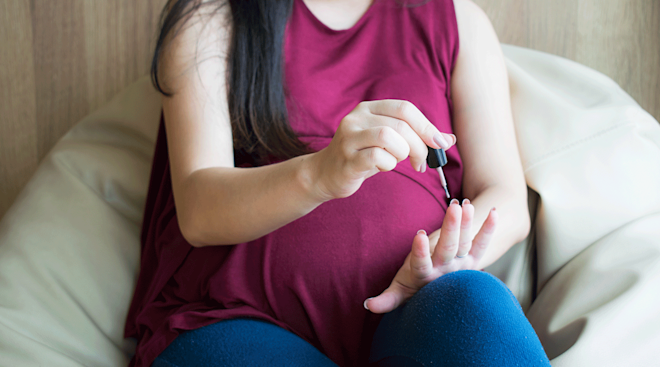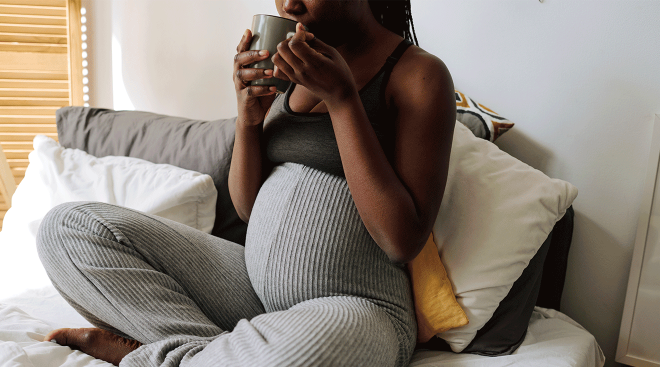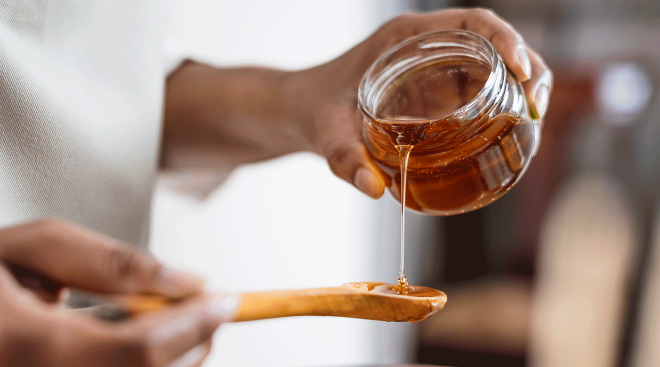Is Fluoridated Water Safe During Pregnancy? New Research Adds to the Debate
Since 2014, the American Academy of Pediatrics (AAP) has said fluoride is safe for babies, but a new study highlights a potential drawback from consumption during pregnancy. According to the latest research in JAMA Pediatrics, women who drink fluoridated water during pregnancy may lead to lower IQs for their children later in life.
The Canadian study analyzed 100 women and their children from six major cities to see how fluoride consumption during a woman’s pregnancy affected her child when they were around 3 or 4 years old. The researchers say it had a clear effect on boys, where they saw a link to lower IQs. For girls, however, it’s not quite as crystal clear. Females in the study actually showed an increase in their IQ scores, but they say it wasn’t statistically significant because the higher scores may have been due to chance. With that in mind, researchers also say the difference in the two sexes could suggest that male and female brains develop differently.
Here’s exactly what they observed. For moms-to-be living in an area that adds fluoride to drinking water, the decline in IQ (for boys only) was 1.5 points or 2.3 points, depending on the way fluoride exposure was measured.
Fluoridated city water has been available in the United States since 1945, when Grand Rapids, Michigan added the mineral to its water supply following scientific research that showed its ability to promote oral health, according to the Centers for Disease Control and Prevention (CDC). In fact, the decline of tooth decay in the country after fluoride was introduced into water lead the CDC to call water fluoridation one of 10 great public health achievements of the 20th century. But when fluoride is applied directly to the tooth, it protects you from cavities, so there’s not really a benefit to baby until their teeth start to pop up (FYI: when that does happen, there are actually dentist-approved amounts of fluoride toothpaste you should be applying). Which is why Christine Till of York University in Canada tells Reuters Health that limiting fluoride during pregnancy is a “no brainer.”
This isn’t the first time we’re hearing about the debate over whether or not pregnant women should limit their fluoride intake. Research published in 2017 looked at mother and child pairs in Mexico and found that fluoride consumption produced lower IQ scores at age 4 and in older children ages 6 to 12. The recent Canadian study was an attempt to clarify this information.
But it’s important to keep in mind that, like most studies, the new research has its limitations. For starters, the researchers only looked at Canadian women and their children, so the results don’t reflect other parts of the world that use fluoridated water. Additionally, they used the pregnant women’s urine samples to measure fluoride intake, but said this measurement tool isn’t always perfectly precise and could’ve potentially skewed the results. Additionally, when the researchers considered women’s fluid intake, they were relying on self-reported data, which isn’t always the most accurate.
Remember, there are levels of fluoride that are known to be dangerous. At 30 milligrams per liter—a level found in China—fluoride can be a potential neurotoxin, according to CNN. The good news is in the US, the Environmental Protection Agency has set a limit of 4 milligrams per liter.
Please note: The Bump and the materials and information it contains are not intended to, and do not constitute, medical or other health advice or diagnosis and should not be used as such. You should always consult with a qualified physician or health professional about your specific circumstances.
Navigate forward to interact with the calendar and select a date. Press the question mark key to get the keyboard shortcuts for changing dates.
































